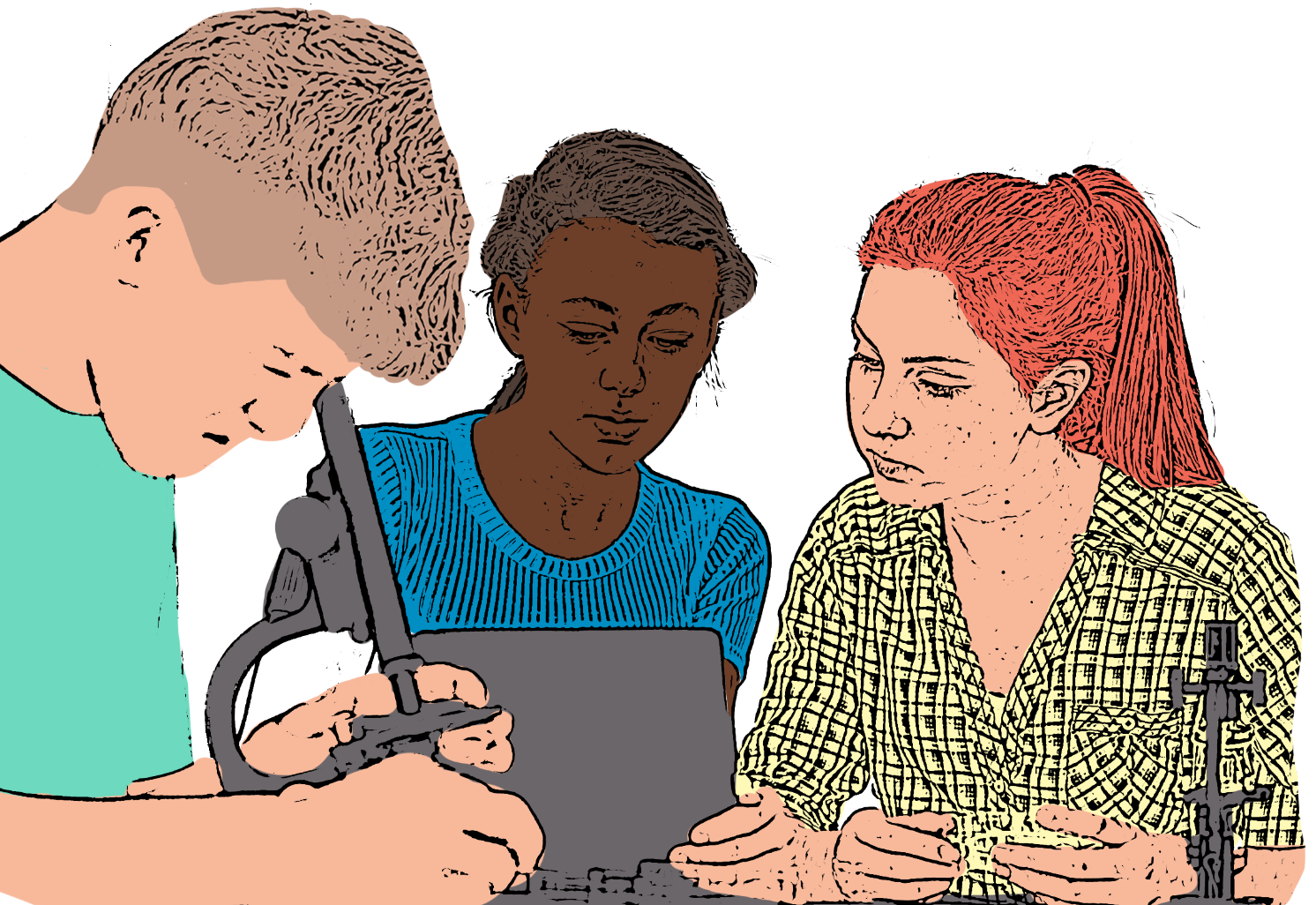What is the research about?
The research is about teachers and teacher practices. It investigates how what teachers think about learning and teaching influences the way they teach. It also investigates how to introduce changes in teacher practices that can help promote student cognitive engagement and agency.
How is this accomplished?
We investigate teachers’ beliefs and knowledge about learning and teaching using surveys and interviews. We also analyse teacher practices and student learning through classroom observations; we film lessons, transcribe the recordings, and use our innovative coding frameworks to interpret this data. We design and evaluate interventions that help teachers promote student agency in their classrooms. The results of this research have informed the development of the professional learning resources available on this site. Teachers can use these resources to learn how to develop their students’ skills for managing learning. Improved management skills have a positive impact on achievement.
Why is it important?
The research advances our understanding of the complex system of factors that influence teacher change and student learning. From a practical point of view, the research provides schools and education systems with evidence about more effective instructional approaches that are useful to practising teachers and to initial teacher training programs. The project builds our knowledge of how to design and implement quality professional learning interventions which produce the type of sustained and effective change in teachers’ practice that are important for the social and economic benefit of Australia.
Theoretical Framework
The research is broadly based on two theoretical frameworks. One is the ICAP theory, which stands for Interactive, Constructive, Active and Passive student cognitive engagement. According to the ICAP theory, Constructive and Interactive modes of student engagement result in better learning outcomes than Active and Passive modes. The other theoretical framework is that of self-regulated learning (SRL). According to SRL theory, students can improve their learning and academic performance by acquiring the knowledge and strategies that enable them to become more skillful self-regulated learners – i.e., to manage their cognition, motivation, and emotions in the pursuit of their learning goals.
Featured publications
Our Featured Symposium, to be presented at the 2021 conference of the Australian Association for Research in Education: Investigating Teachers’ Beliefs and Practices about how to Promote Student Cognitive Engagement and Self-Regulation
Our Booklet for the Educational Practices Series: Vosniadou, S., Lawson, M.J., Stephenson, H. & Bodner, E. (2021). Teaching Students How to Lear: Setting the Stage for Lifelong Learning, International Academy of Education, and International Bureau of Education of the UNESCO.
Members of Our Research Team
Our research team members come from Flinders University and University of Melbourne, in Australia. Arizona State University from the United States of American and Johann Wolfgang Goethe University, Germany.

Flinders University
www.flinders.edu.auFlinders University is the lead institution in the ARC Discovery Grant, Teaching How to Learn with Professor Stella Vosniadou as Principle Chief Investigator.

The University of Melbourne
www.unimelb.edu.auThe University of Melbourne is a participating institution with Professor Lorraine Graham as a Chief Investigator.

Arizona State University (USA)
www.asu.eduArizona State University is collaborating in the project with Professor Michelene Chi as Partner Investigator.

Johann Wolfgang Goethe University, Frankfurt
www.goethe-university-frankfurt.deJohan Wolfgang Goethe University is collaborating in the project with Professor Charlotte Dignath as Partner Investigator.
